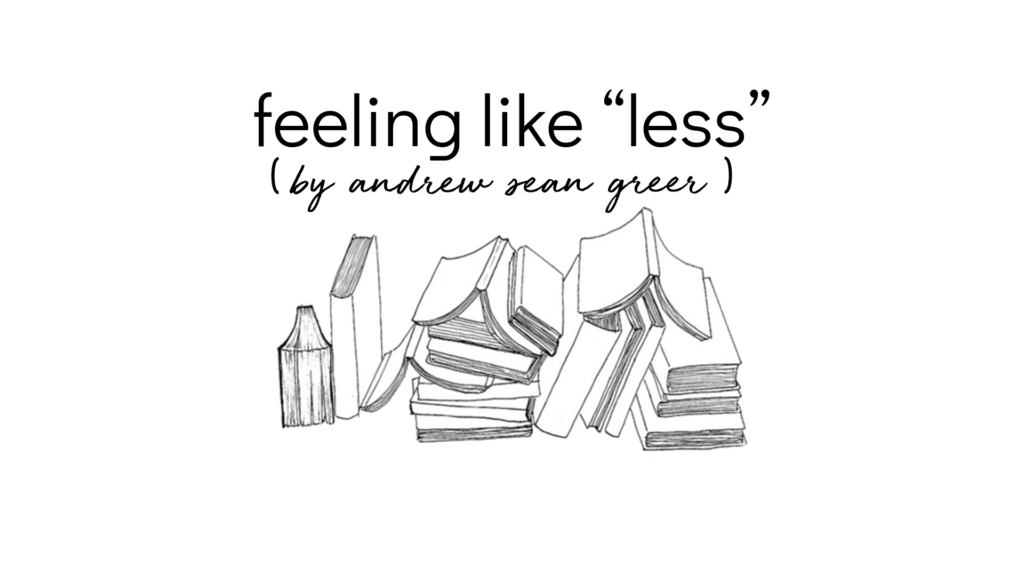
Quarantine is tough. My baseline, during what I considered “normal” life just two months ago, was having a routine: work, school, and gym. I craved organization and careful planning; my day-to-day schedule grounded me. My life wasn’t characterized by much more on a day-to-day basis other than the places I needed to be and the people I needed to see. I was constantly working towards the future - the next grade, the next work assignment, the next career move, the next appointment in my calendar.
It wasn’t until shelter-in-place that I started to consider why I devoted so much energy into my future. With my schedule stripped and my routine gone, I questioned my motivations. What was I even working towards when the future seemed uncertain? What or where did I turn in a time of stress? I wasn’t sure. The answers to those questions were the baseline of my passions and my interests, and my ambitions, but somehow I lost sight of what that meant.
Writing was important to me. I found comfort in writing my thoughts down and sharing my ideas - whether it be in a journal or on my blog - but I lost interest in the midst of my daily grind. So when quarantine started, I turned to other writers, picking up Less by Andrew Sean Greer. I bought it on a whim two years earlier, having gone through half the book in a few sittings but nonetheless neglecting to finish it.
The main character was a nearly fifty-year-old man named Arthur Less, who spent the majority of the book running from a fear of confronting his past. He dedicated his life and identity to his career as a novelist but felt inadequate and unvalidated. His ex-lover was getting married, and he decided to travel the world and avoid the wedding. In the span of 250-or-so pages, Greer builds a story based around the passing of time, the vulnerability of the human heart, and the experiences of an American abroad.
To my own surprise, I identified with some of Arthur’s struggles. He questioned his role as a writer, having built his identity around it. When Less was young, he felt inspired by the more experienced, high-achieving novelists around him. He was doe-eyed. But as he grew older, he became jaded, living in the shadow of other people, caused both by his own self-doubt and as a result of rejection from others. Writing itself was no longer something that brought him happiness.
I realized, when reading this book, that I owned a similar fear. I became so forward-thinking that I lost sight of where my ambitions were rooted: my passion for writing. When I entered the latter half of college, I reached a point where my personal interests became the basis of my professional curiosities. I was challenged and constantly forced to find new ways to become a better writer, and I looked towards those in the industry for advice. But I had lost my way. My identity had shifted from my love of writing to the pressure of finding a job, and it led to feelings of inadequacy. It took quarantine to slow me down, hold me back, and remind me why I was driven in the direction I was heading pre-quarantine.
I am a writer, and now in quarantine have returned to it for myself - not for anyone or anything else. It’s my passion, my interest, and my solace during a time of uncertainty and anxiety and stress. And once quarantine is over, it will continue to center my professional ambitions.